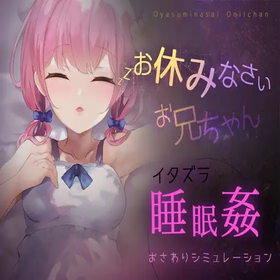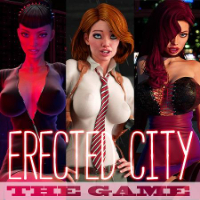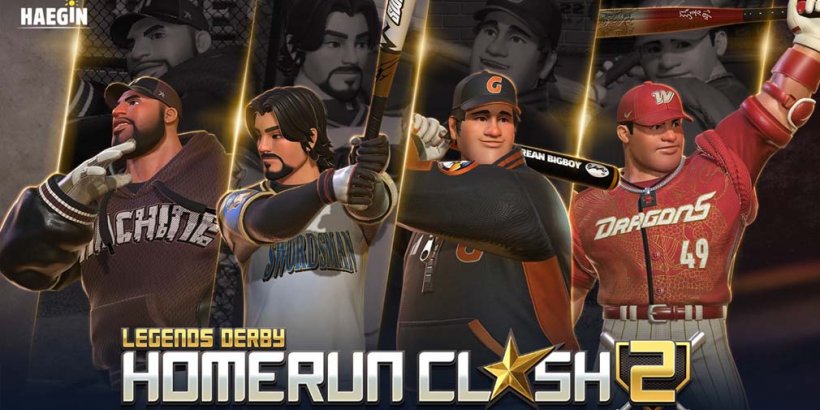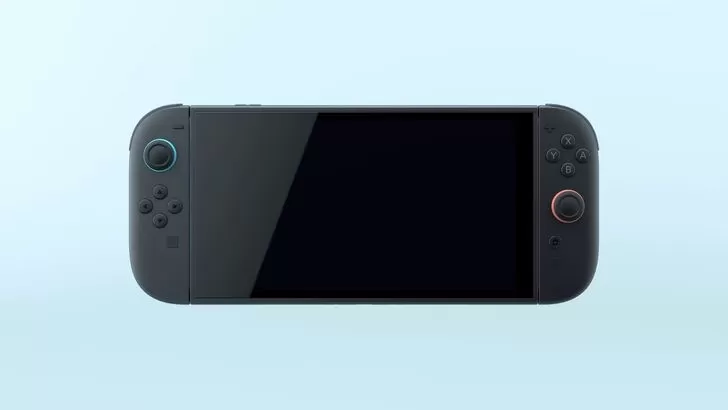Doom's Combat Evolution and Modern Metal Music
Doom's iconic connection with metal music is unmistakable. A brief listen to any Doom soundtrack or a glimpse at its relentless demonic imagery instantly reveals this bond. The game's signature mix of flames, skulls, and devilish creatures mirrors the aesthetic often seen on an Iron Maiden stage. Over its more than 30-year history, Doom's evolution in gameplay has been paralleled by its musical journey through various metal sub-genres, from its thrash origins to the modern metalcore sound of Doom: The Dark Ages.
In 1993, the original Doom's soundtrack drew heavily from the late '80s and early '90s metal scene. Co-creator John Romero has cited bands like Pantera and Alice in Chains as major influences, evident in tracks like "Untitled" from the E3M1: Hell Keep level, which echoes Pantera's "Mouth of War." The broader Doom score embraced thrash metal, echoing the style of Metallica and Anthrax, propelling players through Mars' corridors with urgency and intensity. Composer Bobby Prince's timeless soundtrack perfectly complements the game's unforgettable gunplay.
Doom: The Dark Ages - Gameplay Screenshots
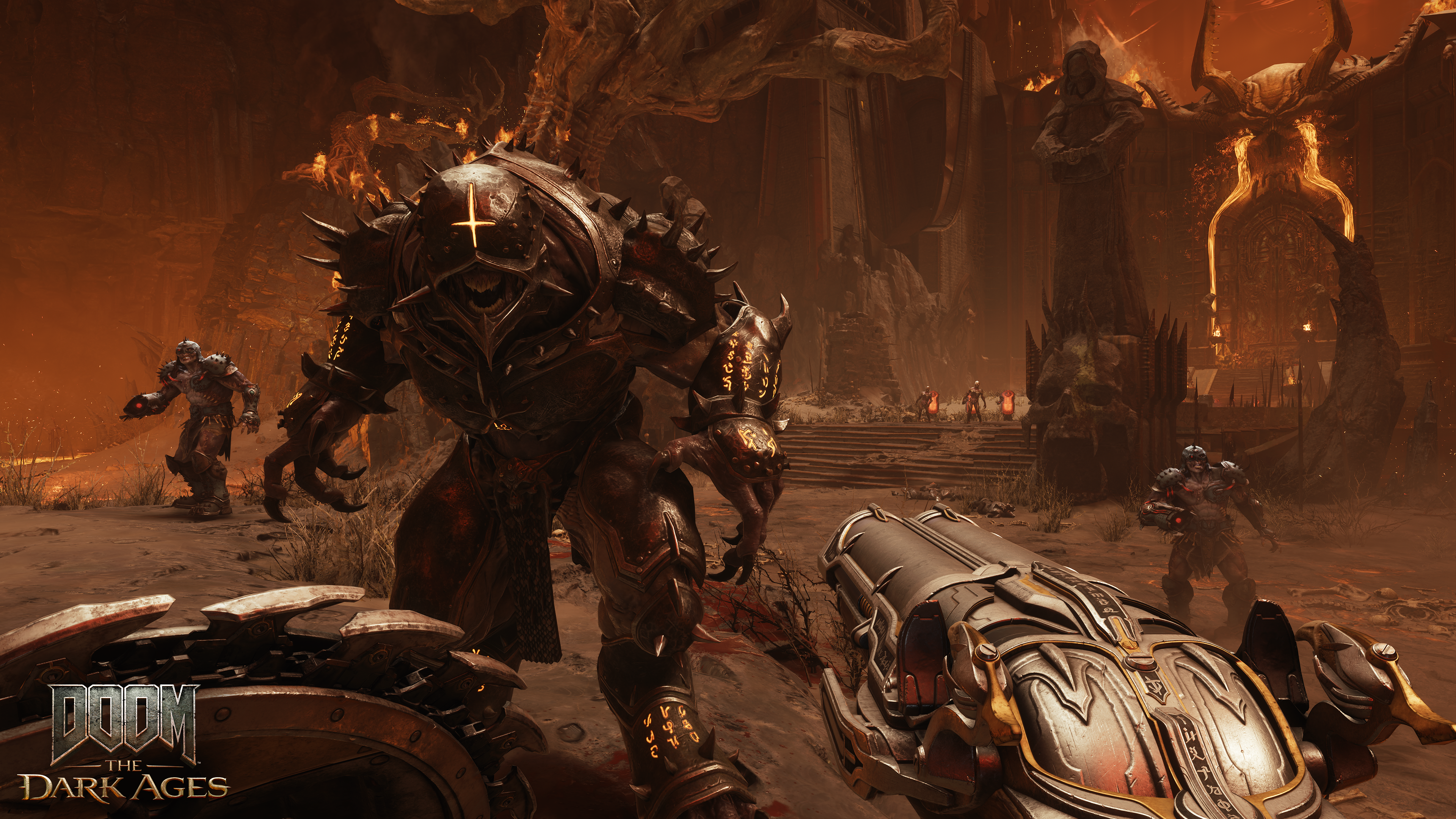
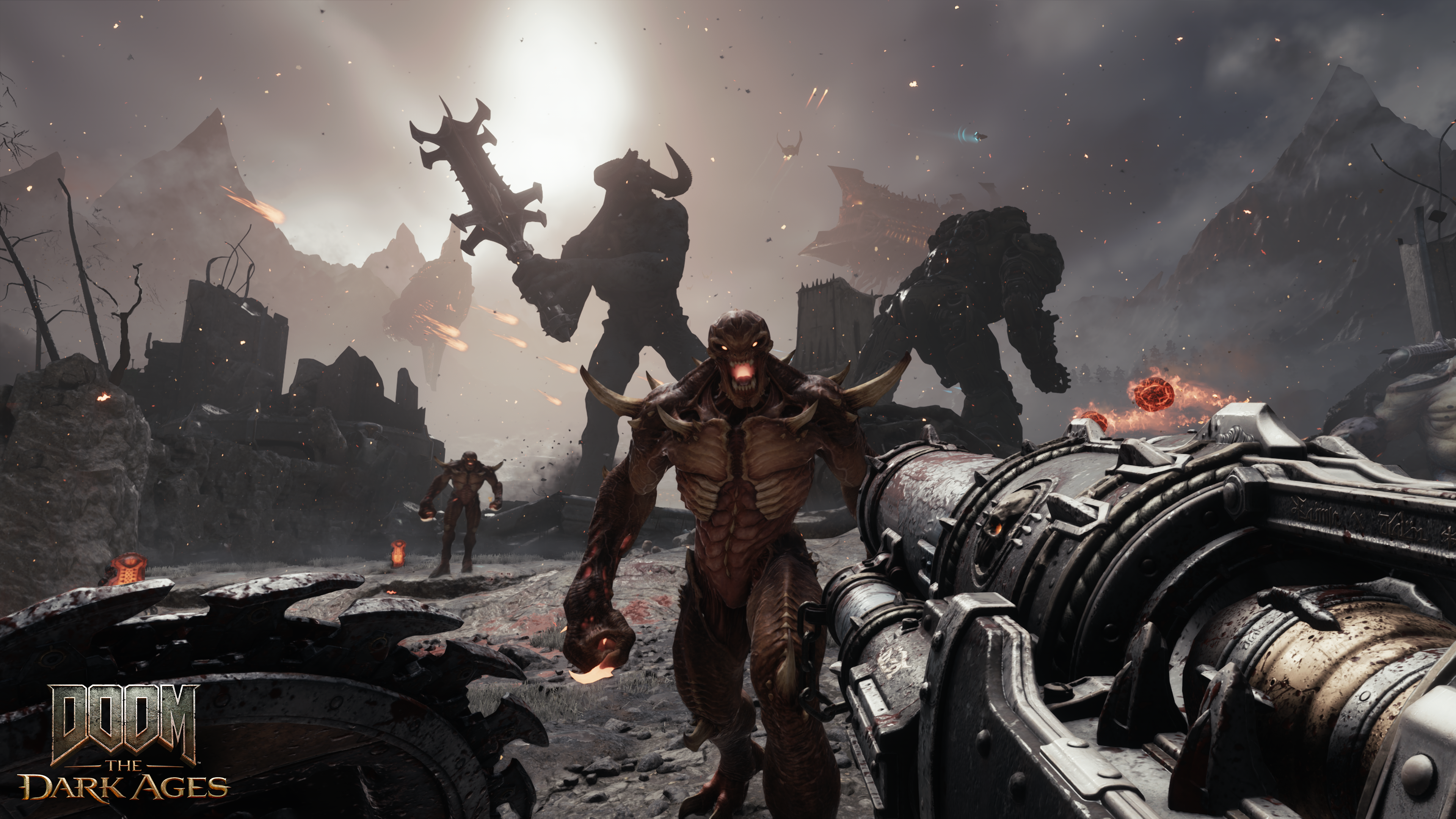 6 Images
6 Images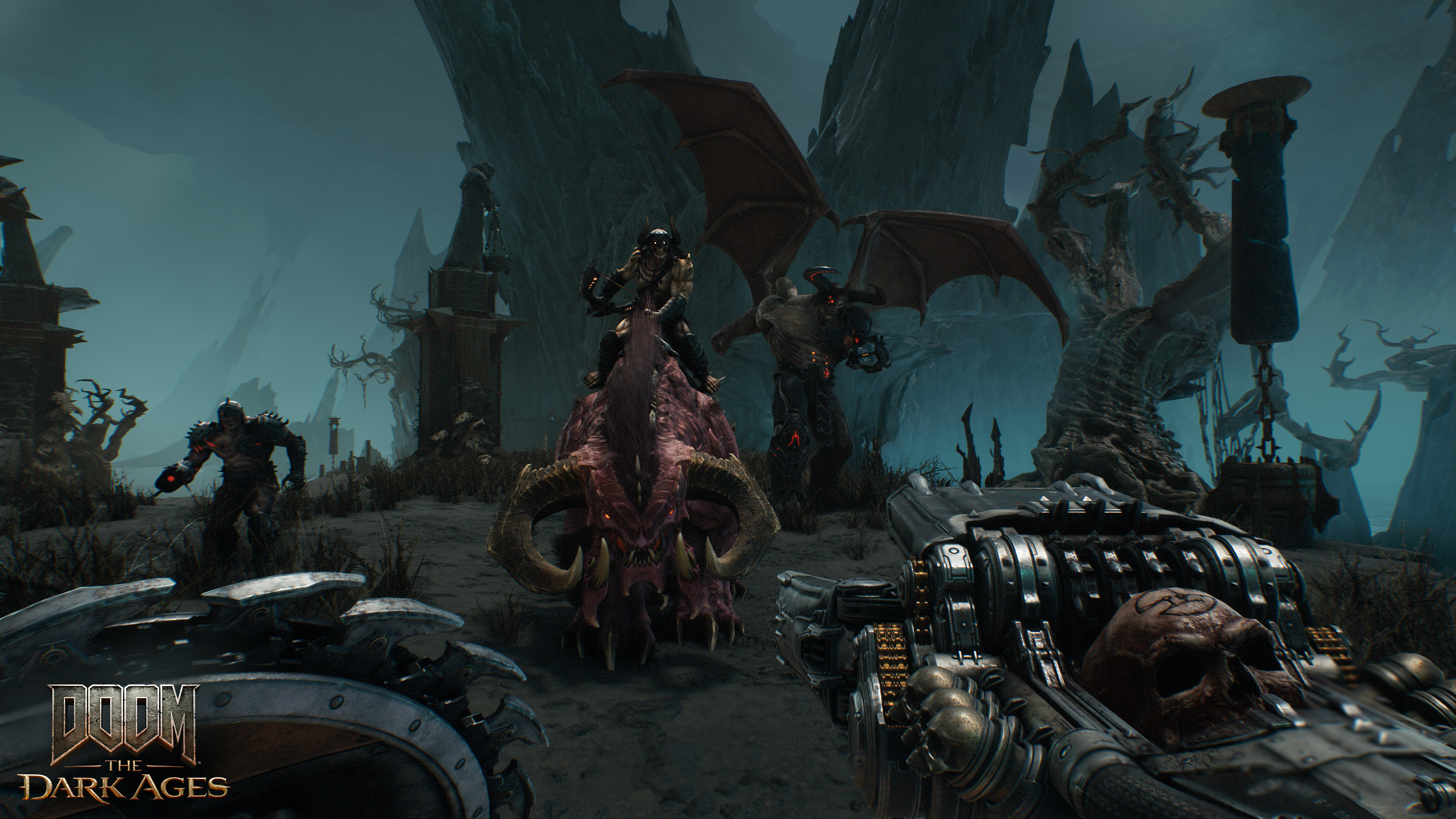
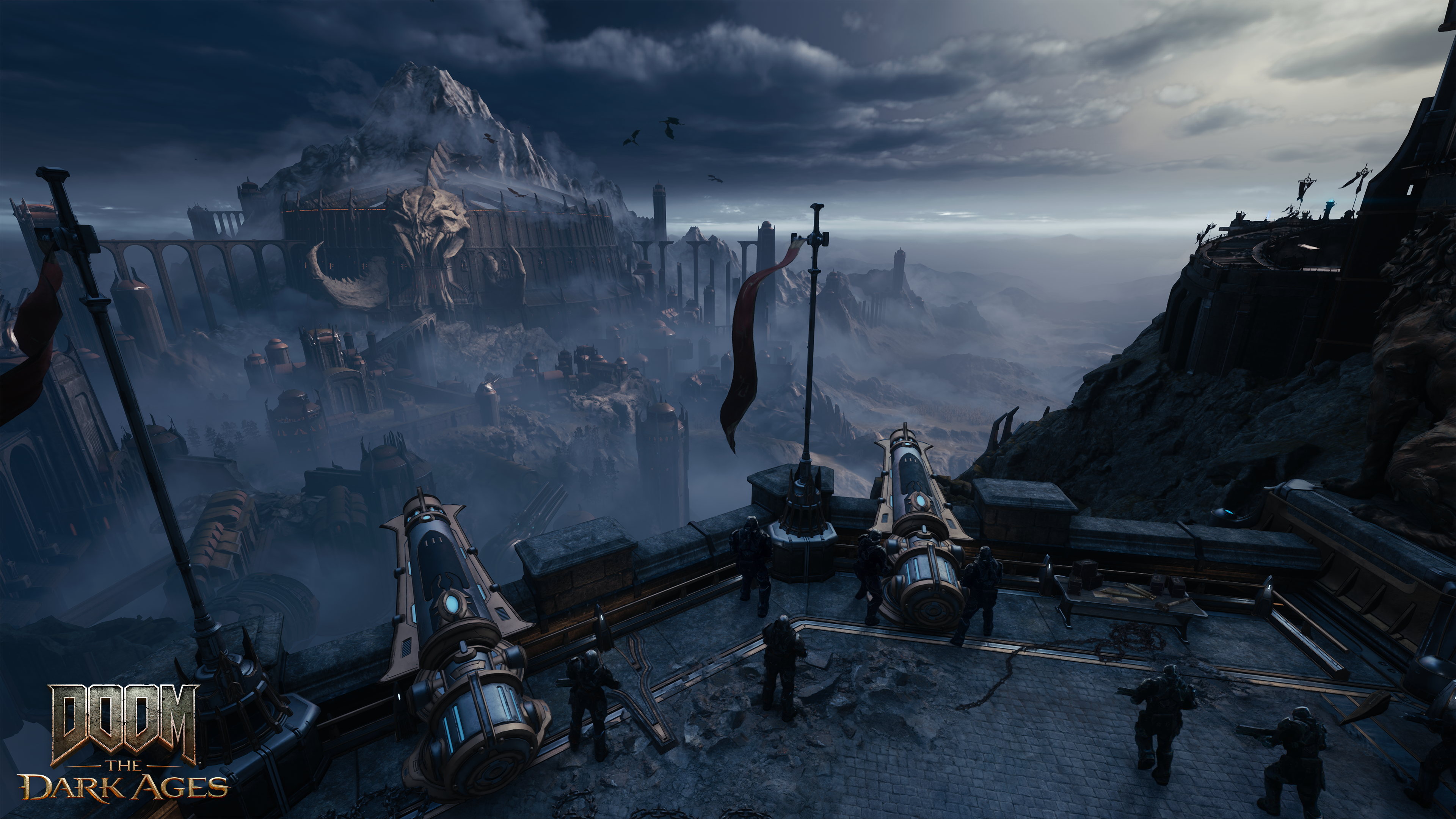
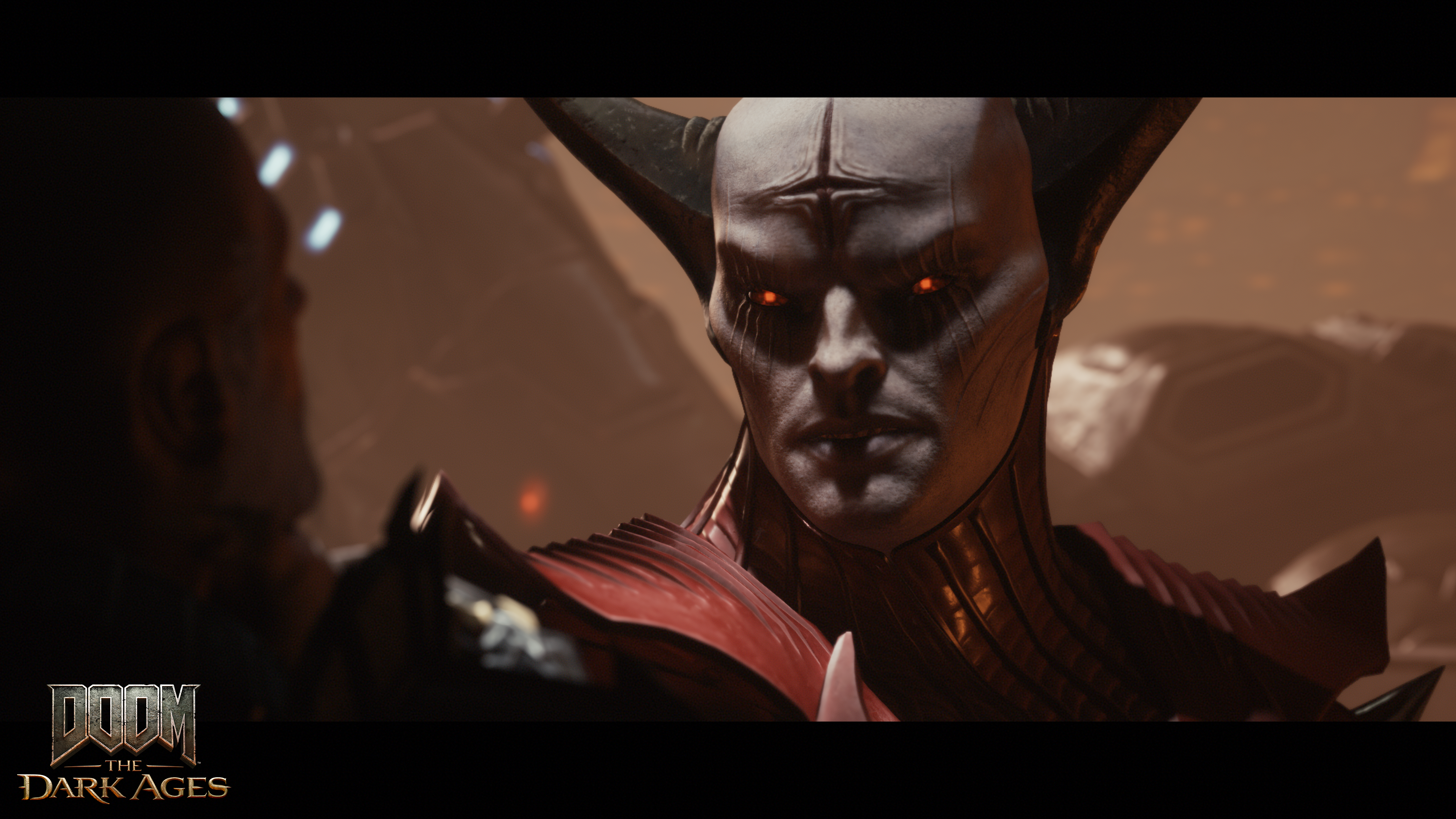
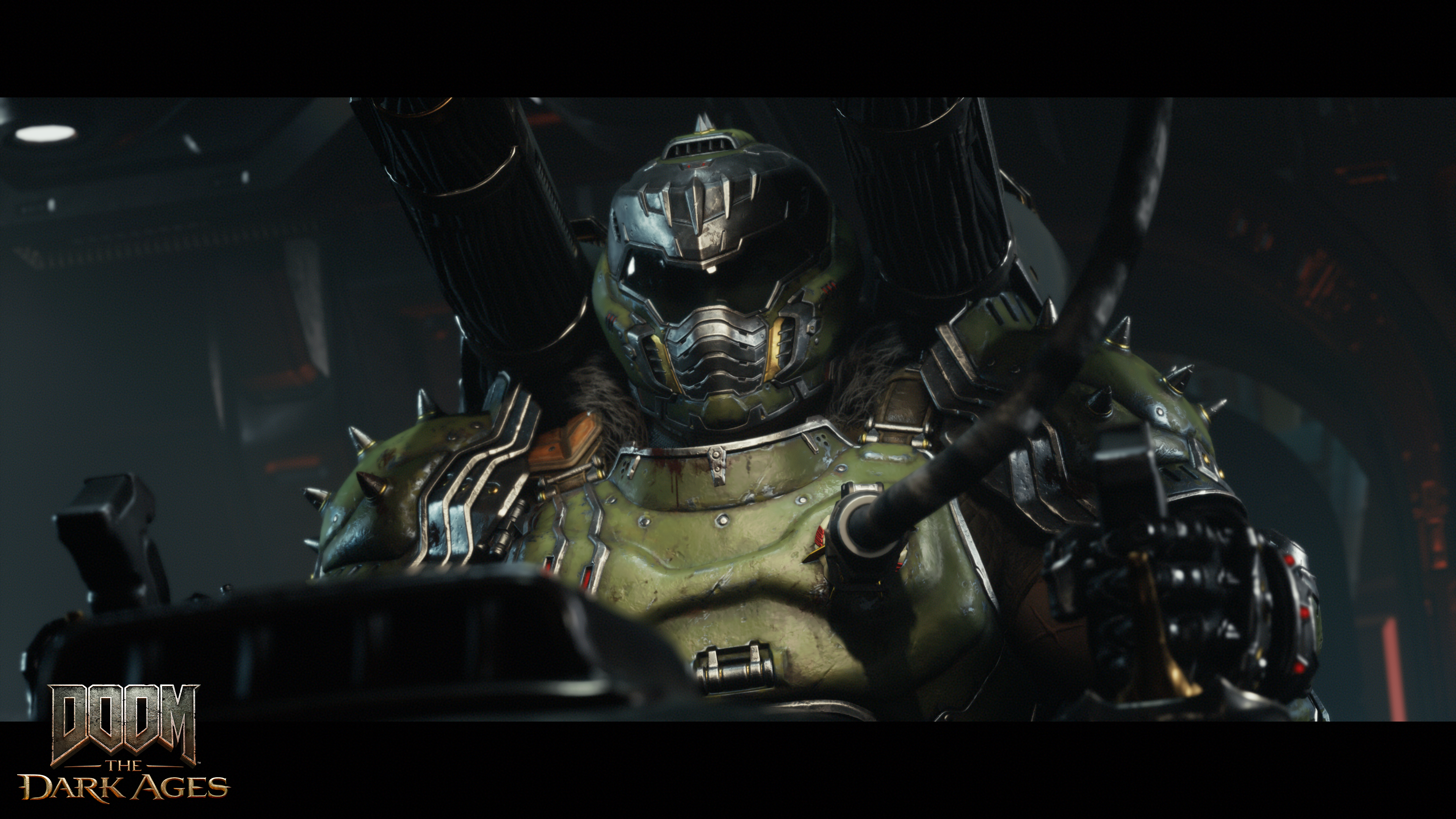
For over a decade, Doom and its music continued this tradition, aligning the rhythm of bullets with the speed of its shredding score. However, 2004's Doom 3 marked a departure, embracing a survival horror approach that demanded a new sound. The game's main theme could almost be a bonus track on Tool's Lateralus, reflecting the influence of progressive metal. Although initially controversial due to gameplay mechanics like the flashlight, Doom 3's slower pace and unsettling soundtrack perfectly matched its horror theme.
Following Doom 3, the series faced a period of development challenges, eventually leading to a complete reinvention with Doom 2016. Directors Marty Stratton and Hugo Martin brought the Slayer back to Mars with a soundtrack by Mick Gordon that resonated with the intensity of djent metal. This score became one of the most celebrated in gaming, setting a high bar that Doom Eternal, released in 2020, had to meet. Despite some controversy over the soundtrack's production, Doom Eternal leaned into the metalcore genre, reflecting the contemporary music scene and incorporating elements from bands like Bring Me the Horizon and Architects.
Doom: The Dark Ages introduces new gameplay elements, such as piloting mechs and riding dragons, while maintaining the series' core gunplay. The soundtrack, crafted by Finishing Move, draws from both past and present metal influences, blending the heavy breakdowns of bands like Knocked Loose with the thrash elements of the original Doom. This new direction promises to complement the game's slower, more deliberate combat style, offering a soundtrack that's both heavy and agile.
As Doom continues to evolve, its connection with the ever-changing landscape of metal music remains strong. The Dark Ages is poised to deliver on the series' legacy of thrilling gameplay and iconic soundtracks, potentially offering fans a new favorite metal album to experience in May.








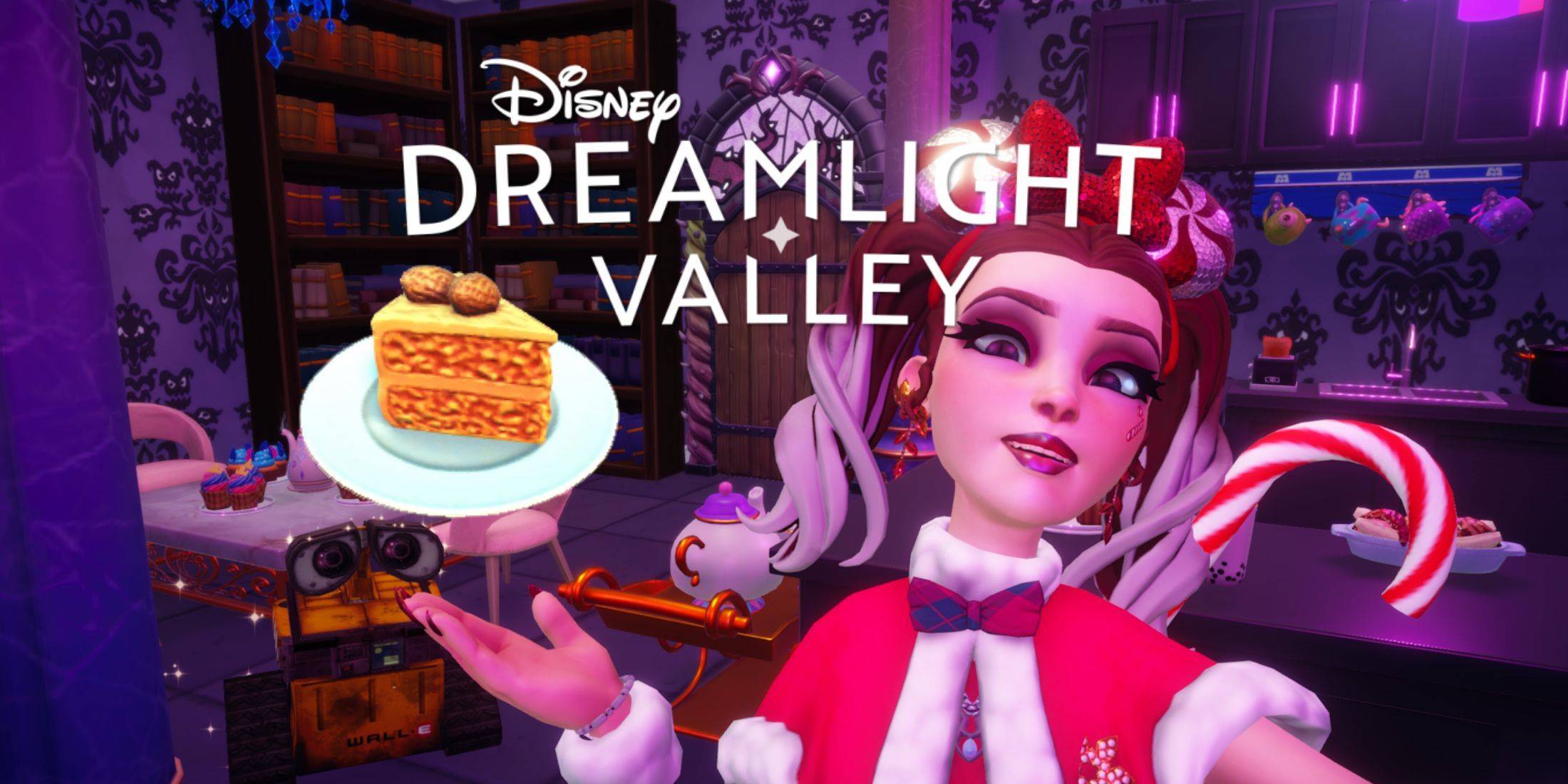



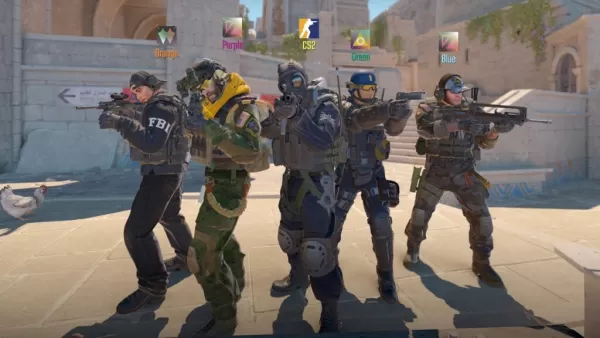
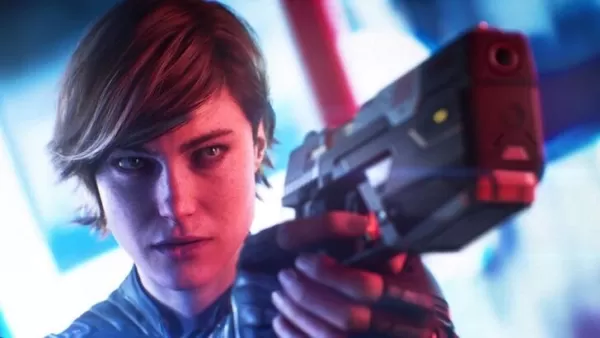
![My Cute Succubus - Girls in Hell [18+]](https://imgs.21all.com/uploads/98/17315786356735cb0b46adf.png)



